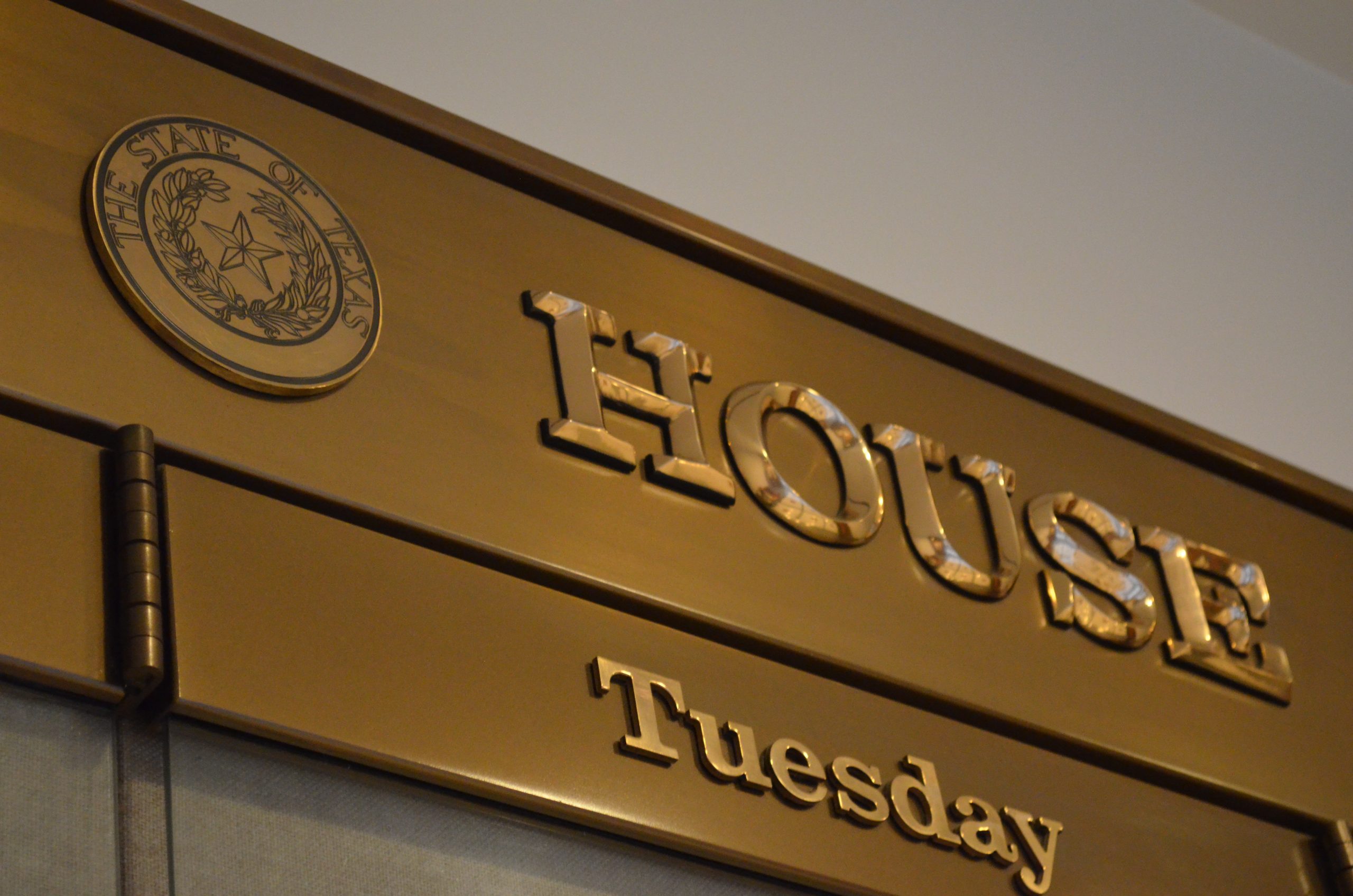The House Select Committee on Securing Texas from Hostile Foreign Organizations has released its interim report to the 89th Legislature. See below for a spotlight on recommendations from the report.
- Create a Statewide List in Statute of Designated Hostile Foreign Countries and Organizations – The state should create and maintain a list of designated hostile foreign countries and designated hostile foreign organizations. A statutory list modeled after the existing LSIPA will enable the state to identify threats and craft solutions based on these threats.
- Conduct a Statewide Pacific Conflict Stress Test – Texas should conduct a Statewide Pacific Conflict Stress Test that will provide a detailed assessment of state preparedness. During this stress test, prioritized attention should be paid to our supply chain and critical infrastructure cybersecurity, as Communist China has been already executing probing attacks on these systems.
- Protect Texas Land – Texas should act to prohibit hostile foreign actors, who intend to do us harm, from owning land in the state. This prohibition should extend to hostile foreign governments, entities controlled by hostile foreign governments, and persons living in countries with hostile foreign governments.
- Diversify Supply Chains – Texas should work to recruit companies to Texas that manufacture critical infrastructure components, pharmaceuticals including active pharmaceutical ingredients (API) and antibiotics, and other products that are critical to the health, safety, and welfare of Americans.
- Enhance Foreign Agent Registration Act and Apply to Advocacy in Texas – Create a state-level process requiring registration of foreign agents who are engaged in political activity. A state-level FARA will address existing loopholes with the federal registration process and ensure that lobbying and advocacy on behalf of foreign agents is disclosed for the benefit of the public and of the policymakers.
- Ban Sister Cities Arrangements with Cities Located in Countries on Hostile Foreign Country or Organization List – Texas should prohibit Sister City agreements with foreign adversaries to protect against undue influence and propaganda efforts. These partnerships can serve as entry points for coercion and the spread of narratives that undermine U.S. interests. Texas, along with other states, should reassess and sever ties with foreign adversaries that pose national security risks.
- Revoke and Prohibit Future Business Licenses and Certifications for Individuals and Entities Convicted of Intellectual Property Theft – The Legislature should consider a process to revoke a business registration of an entity who is finally adjudicated to have committed a violation of the Texas Uniform Trade Secrets Act.
- Unmanned Aerial Vehicle Security – The legislature should amend procurement law to prohibit future purchase of unmanned aerial vehicles by first responder agencies. The legislature should also consider standing up a grant program to phase out unmanned aerial vehicles manufactured in hostile foreign countries currently in use by first responders.
- University Gifts/Grants/Research – Enhanced security measures to protect against vulnerabilities in four key areas: 1) foreign gifts and contracts, 2) foreign researchers and talent recruitment programs, 3) faculty, students, and researchers traveling abroad, and 4) exploitation of research partnerships
- Divestment of State Pension Funds from Companies Headquartered in Hostile Foreign Countries or Organizations List – Texas should 1) prohibit public investment in foreign adversaries, 2) require disclosures on how public investments align with national security interests and fiduciary duties, 3) divest from risky foreign assets, and 4) promote alternative investment options
- K-12 Curriculum and Data Protection – Texas should 1) ban contracts with adversary-controlled entities and 2) implement stricter monitoring for financial gifts, partnerships, and contracts with foreign entities
- Lone Star Infrastructure Protection Act (LSIPA) and Public Utility Regulatory Act (PURA) – 1) Add a financial penalty in PURA for Market Participants who provide false or incomplete information to ERCOT on LSIPA attestations and reports regarding: a) citizenship, ownership, or headquarters; or b) purchases of critical electric grid equipment or services and 2) Add language in PURA authorizing ERCOT to request additional information from Market Participants regarding their responses in LSIPA attestations or reports regarding: a) citizenship, ownership, or headquarters; or b) purchases of critical electric grid equipment or services.


